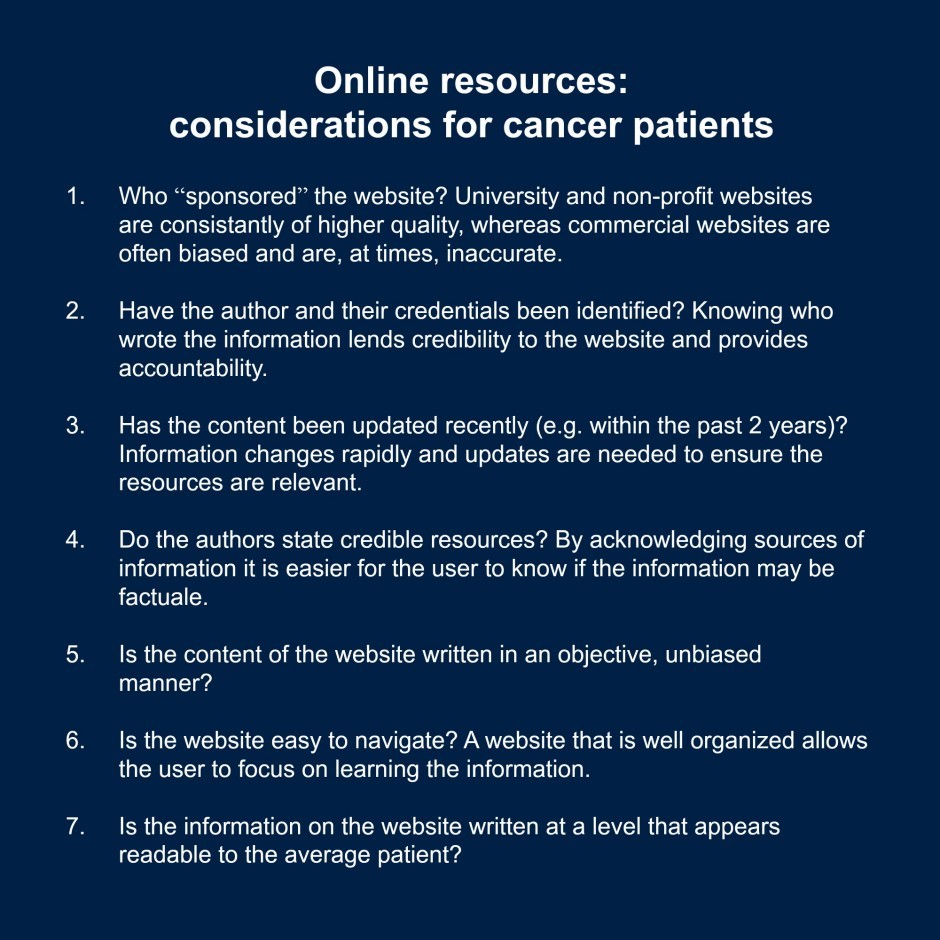Jane McLeod, Vancouver Fraser Medical Program Class of 2017, discusses her Summer Student Research Program project conducted at the B.C. Cancer Agency.
Can you describe the research project you were involved with last summer?
JM: I worked with Dr. Ingledew at the BC Cancer Agency, Fraser Valley Centre (Surrey) to look at the quality of web-based resources for patients with liver cancers and to explore the resources used by these patients. Over the past six years, Dr. Ingledew and her research group at the UBC Center for Health Education Scholarship have explored the quality of online resources and the patterns of Internet use for patients with a range of cancers including melanoma, breast, lung, ovarian, endometrial, colorectal and now liver cancers. The project I participated in built on the work of this group and expanded the knowledge in this field. All of this work is meant to contribute to a larger area of research, helping to inform physicians so they may help their patients to better assess the quality of information on the Internet.
What did you find out about the search patterns of patients with liver cancer and how does this fit into the results of the research group?

Jane McLeod (second year MD student)
JM: We are continuing to collect surveys from last summer but preliminary results indicate that a large number of patients with liver cancer use the Internet to search for cancer related information. Their search patterns appear consistent with research from Dr. Ingledew’s prior studies where 80-90% of patients (e.g. melanoma, lung and breast cancer) use the Internet to search for information about their cancers. Cancer patients commonly seek information on treatment, screening and prognosis. Although for many patients the information on the Internet is overwhelming and at times difficult to understand, patients find that it helps to inform their encounters with physicians and their treatment decision-making.
What did you learn about the quality of information available to patients with cancer?
JM: Not surprisingly there is a large variation in the quality of the information on the Internet. With respect to liver cancers, most websites (87-92%) contained information about treatment, risk factors, and symptoms, however only 30% provided information about prognosis and less than half described prevention. Additionally, less than half of websites cited their sources of information and only 28% identified who had written the material. Most concerning, only half of websites provided completely accurate treatment information and only 7% contained accurate prognosis values.
These findings are consistent with Dr. Ingledew’s past research. Across all the cancers their research group has examined thus far there have been consistent deficiencies in the quality of online resources. For many websites it is difficult to know whom wrote/authored the websites or what their area of expertise (or lack of it) is. As a result it is hard for patients to assess the “credibility” of the websites. A significant number of websites contain inaccurate information that may even conflict with advice given by their physicians. Additionally websites may not be comprehensive, and often lack information relevant to an individual’s prognosis or treatment. This is concerning as patients have noted this is the information they feel they need the most. Finally, the average reading level of many websites is high. As a result, some websites are written at a university level with considerable “medical jargon” making it difficult for the average patient to understand.
If the quality of websites is so variable how can physicians assist their patients?
 JM: Unlike some other health disciplines, there has been little attention paid to training physicians during medical school and residencies with respect best principles of patient education. Even more so, there is a lack of education given to physicians to aid them in the interpretation and translation of web-based information. The research I participated in, and lead by Dr. Ingledew’s group, is looking to inform ways that physicians can evaluate the quality of web-based patient information and interact with their patients with respect to these resources. Through the research, their group has developed a rating tool that can be used both physicians and patients to assess the qualities of web-based resources. While the tool is quite detailed, it helps to highlight some general areas that both patients and physicians can use to assess at quality of web-based resources. We hope that this information will ultimately help to empower patients and improve patient and physician interactions.
JM: Unlike some other health disciplines, there has been little attention paid to training physicians during medical school and residencies with respect best principles of patient education. Even more so, there is a lack of education given to physicians to aid them in the interpretation and translation of web-based information. The research I participated in, and lead by Dr. Ingledew’s group, is looking to inform ways that physicians can evaluate the quality of web-based patient information and interact with their patients with respect to these resources. Through the research, their group has developed a rating tool that can be used both physicians and patients to assess the qualities of web-based resources. While the tool is quite detailed, it helps to highlight some general areas that both patients and physicians can use to assess at quality of web-based resources. We hope that this information will ultimately help to empower patients and improve patient and physician interactions.
As a final note, obviously, the best resource for obtaining information about any diagnosis or treatment is a physician. However, if patients do decide to research information online, having a critical eye for the resources is important. Physicians and patients can and should work together to learn how to assess resources better.
What was the most important thing you took away from your research this past summer?
JM: This summer research project was an exciting opportunity and exposed me to new areas of medicine, including oncology and medical education research. It reaffirmed to me that one can balance a clinical career and research, which are both equally helpful to patients. I hope to continue incorporating these skills into my training, as I believe research supports better understanding among clinicians and fosters new practices to improve the wellbeing of patients. This summer I will return to Dr. Ingledew’s group to complete some more analysis!